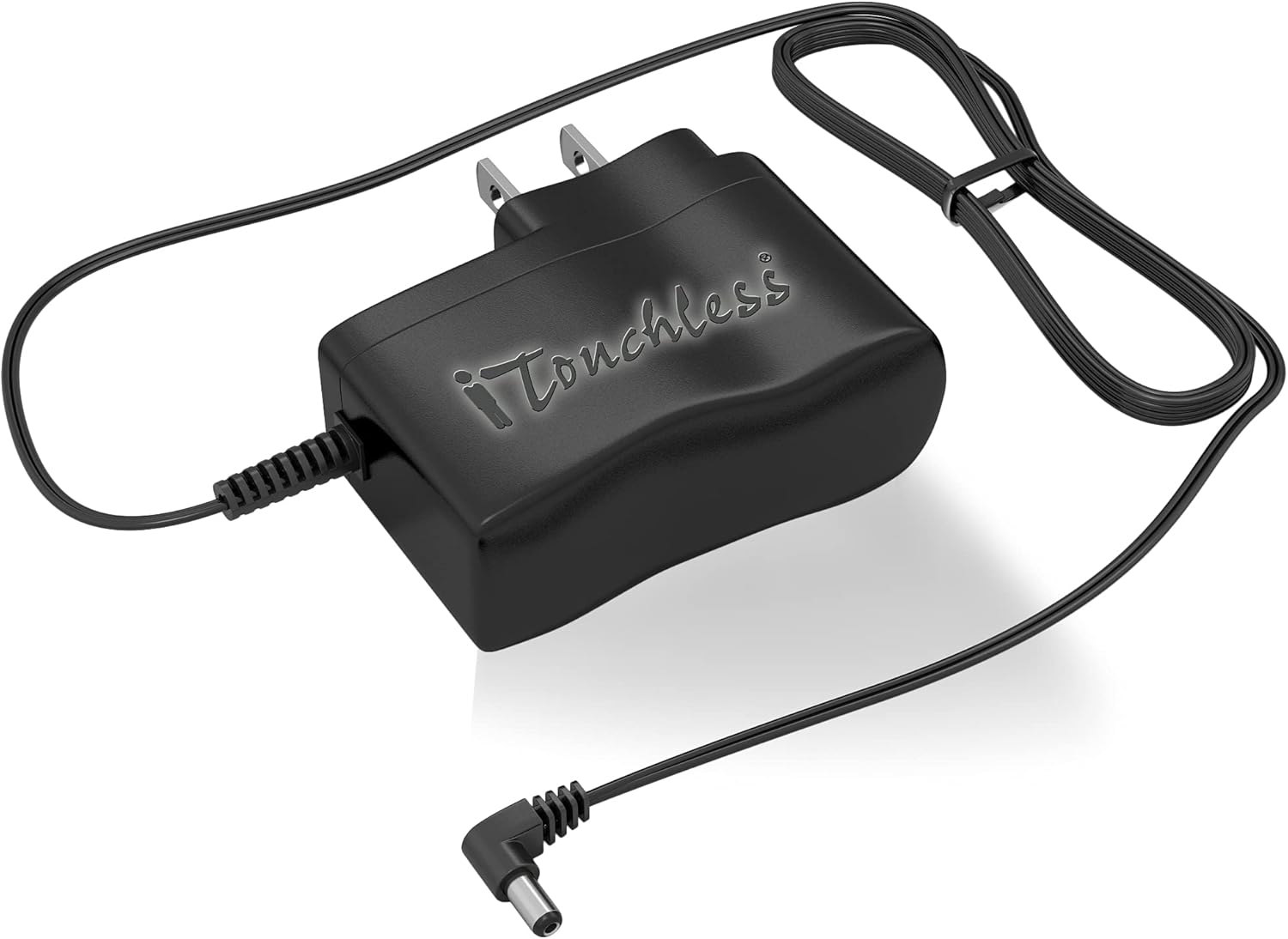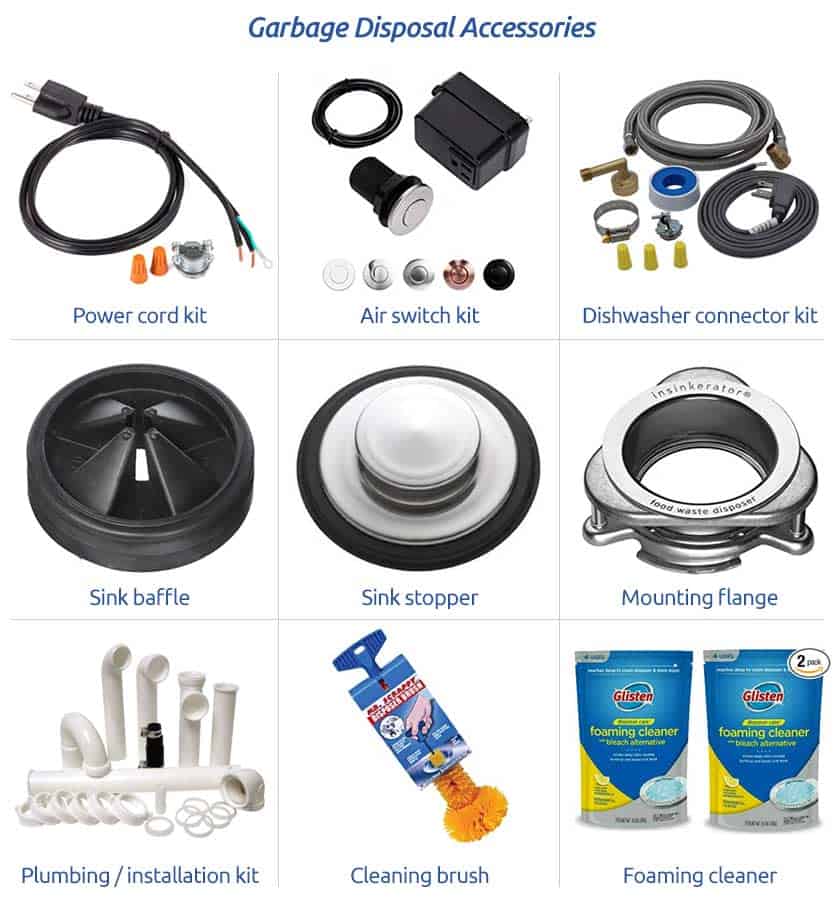


Recyclers registered with E-Cycle Wisconsin meet a set of environmental standards set by the DNR.

Recycling fees vary between sites and calling ahead can help determine the total cost of recycling your electronics. When you are recycling a large volume of electronics, it’s a good idea to talk with at least two or three recyclers or collection sites to get a sense of your options. Choosing the right recycler for youīefore taking your electronics to a collection site or recycler, find out what they recycle, who they accept electronics from, what they charge to recycle various items, if they offer pick-up service and whether or how they destroy data. If your electronics are broken or obsolete and cannot be reused, recycle them. You can also check trade-in programs to see what prices they offer for both working and non-working devices. Call any organization first to make sure the equipment would be useful to them. If computers or other electronics are in good working condition, you may be able to donate them to a school, nonprofit or other organization. Think about when you would like to get rid of the electronics and whether you will be able to transport them yourself or need to have them picked up.

Think about whether there is sensitive data stored on your devices and determine the best method of protecting that data. Make a list of the electronics you would like to get rid of and note their age and condition. Recycling electronics can take some strategizing, especially for large items like projection-style TVs. Prepare to recycle Preparing electronics for reuse or recycling


 0 kommentar(er)
0 kommentar(er)
